The Network: Captain Paul Watson
Founder of the Captain Paul Watson Foundation • Co-founder of Greenpeace • Founder of Sea Shepherd • “Eco-pirate”
Captain Paul Watson has been an integral part of Parley since day one. A conversation with Paul in 2012 inspired the idea which led to our founding, when Cyrill Gutsch, moved by Paul’s example and dedication, decided to transform his design firm into an environmental organization and collaboration space for the creative industry.
Earning a reputation as a staunch “Eco-Pirate”, Paul has been a driving force and inspiration on the frontlines of marine conservation for over 40 years. He is co-founder of Greenpeace and the founder of Sea Shepherd Conservation Society, where he led record-breaking campaigns to thwart poachers, defend sea life and enforce laws meant to protect marine wildlife. Today, he continues this direct action approach with the Captain Paul Watson Foundation. His work is recognized and supported by the best minds and feared by his opponents. He is a true Ocean Legend.
“Those who bear witness to the beauty are less inclined to destroy it.”
Captain Paul Watson
Life Advice from Captain Paul Watson
1. Unleash your passion.
2. Fear Nothing.
3. Explore everything.
4. Give free reign to your imagination.
5. If you have something to say – say it.
6. Never Stress. Never worry. It frees your mind to find solutions.
7. Follow your dreams. Don’t let others destroy your dreams.
8. Regret nothing.
9. Accept the situations you find yourself in and deal with it.
10. Write Poetry (or at least try). Perfect for maintaining your center.
11. Read everything about everything.
12. Don’t let anyone dictate your destiny.
13. Suicide – permanent solution to a temporary problem. There’s no future in it.
14. Live each day like it’s your last.
15. Take control of your dreams. Live in them and live outside of them.
16. Make love a priority in your life.
17. Travel as a traveller, not as a tourist.
18. Embrace confrontation, challenges and obstacles as adventures.
19. Be Kind to animals and plants.
20. Find security in insecure situations through acceptance.
21. Obey the Laws of Ecology.
22. Understand the importance of boundaries – natural and social.
23. Don’t get nervous about public speaking – audiences are just people.
24. Don’t give a damn what people think of you, except those you love.
25. Release the artist from inside you and express yourself.
On oceans: Parley founder Cyrill Gutsch in conversation with Paul Watson
In the last 50 years a lot has happened, underwater. A lot of destruction. What do you feel about that when you look back and you compare with what you see today?
Exploration led to two different paths. One of them was to more awareness and the other one was to more exploitation. That people realized that money could be made from this. That and for the most part throughout our entire history as a species we’ve been land-dwelling creatures. We give little thought to the ocean and we don’t realize that this is a life support system for the entire planet. Our very existence depends upon the survival of biodiversity in the ocean. What I always say, all the time, is “If the ocean dies, we all die.”
The ocean provides the food we eat, it regulates the temperature and it produces the oxygen we breath. 75-85% of the oxygen produced on this planet comes from phytoplankton – all these species of plant-based plankton in the ocean. If plankton dies out for any reason, we don’t survive. I don’t think people really realize the connection between phytoplankton and our own survival and they don’t realize the connection between whales, phytoplankton and our survival. That since 1950 there has been a 40% diminishment in phytoplankton populations, one of the reasons for that has been a diminishment whale population, seabird populations and others. One blue whale every day dives deep, feeds and rises to the surface and defecates on the surface, three tons of whale manure for every blue whale every day –and it’s heavily rich in nitrogen and iron – especially iron. That is the primary nutrient base for phytoplankton. So whales are literally the farmers of the ocean. They are there to make sure we have a healthy phytoplankton population and if phytoplankton is diminished, coral populations are diminished and if coral populations are diminished fish populations are diminished. And that goes hand in hand with incredible over exploitation of all of these species of fish. And everything is interlinked, everything is interconnected.
For somebody who doesn’t have the knowledge, the ocean feels so far away. It’s also like this big place, it’s like they don’t understand why their lives depend on it. Why does humanity need the sea?
One of the perceptions that’s a problem is: we all view the ocean as ‘that sea out there’ on the sea shore and all of that blue water. That is what our perception of what the ocean is.
Like a facade of a building in a way.
Yeah, but that’s not the ocean. This is the ocean planet. It’s not Planet Earth, it’s Planet Ocean. It’s water in continuous circulation. From the sea, to underground, frozen into the ice, in the atmosphere, in the clouds and in the cell of every living plant and animal. It’s the blood of the earth, it’s constantly moving. And so the water in your cells right now, probably ten thousand years ago was locked in ice. Probably three years ago was underground. Or it was probably in the body, it could be in the body of another species. For instance, the glass of water you drink was once pissed by a dinosaur, you know? It’s constantly moving. It’s the same water. The Earth actually purifies that water, but when you pollute the ocean, you are not just polluting the ocean but the entire planet, including every cell in your body. So we try and get that idea across.
That water is the lifeblood of our planet.
Water is the life blood. For instance, water that flows down a river is doing two things: it’s bringing nutrients to the land down the river, and it’s removing toxins from the land and bringing them out into the ocean, which is why the ocean is salty. The estuaries and the marshes clean that water, it’s like the kidneys of the planet. So all of this is working together and so we really have to look at it as a whole.
Learn More
Creativity and Social Change
Words for the movement by Captain Paul Watson
How to Change the World
Lessons in leadership from the birth of environmentalism


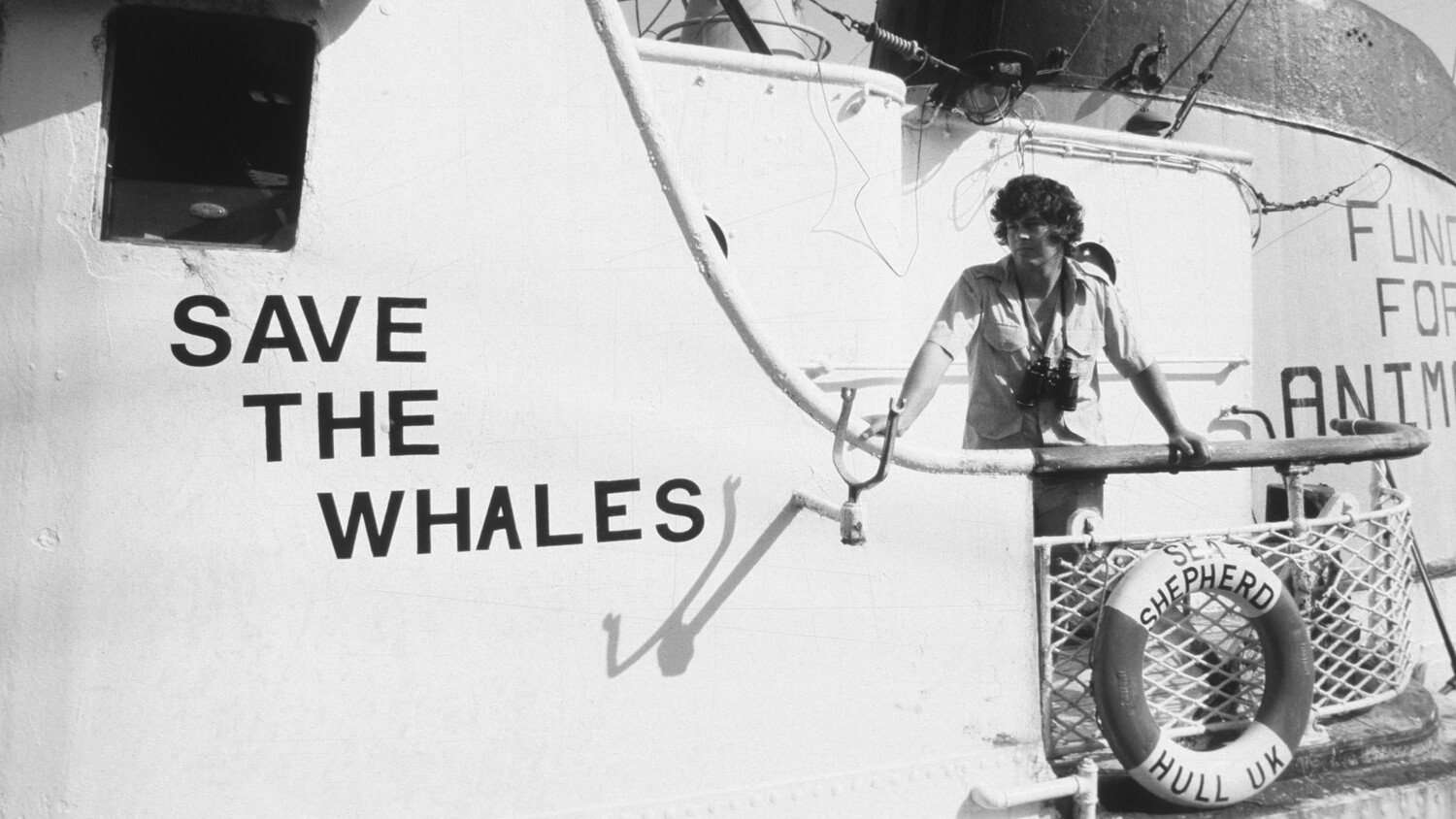
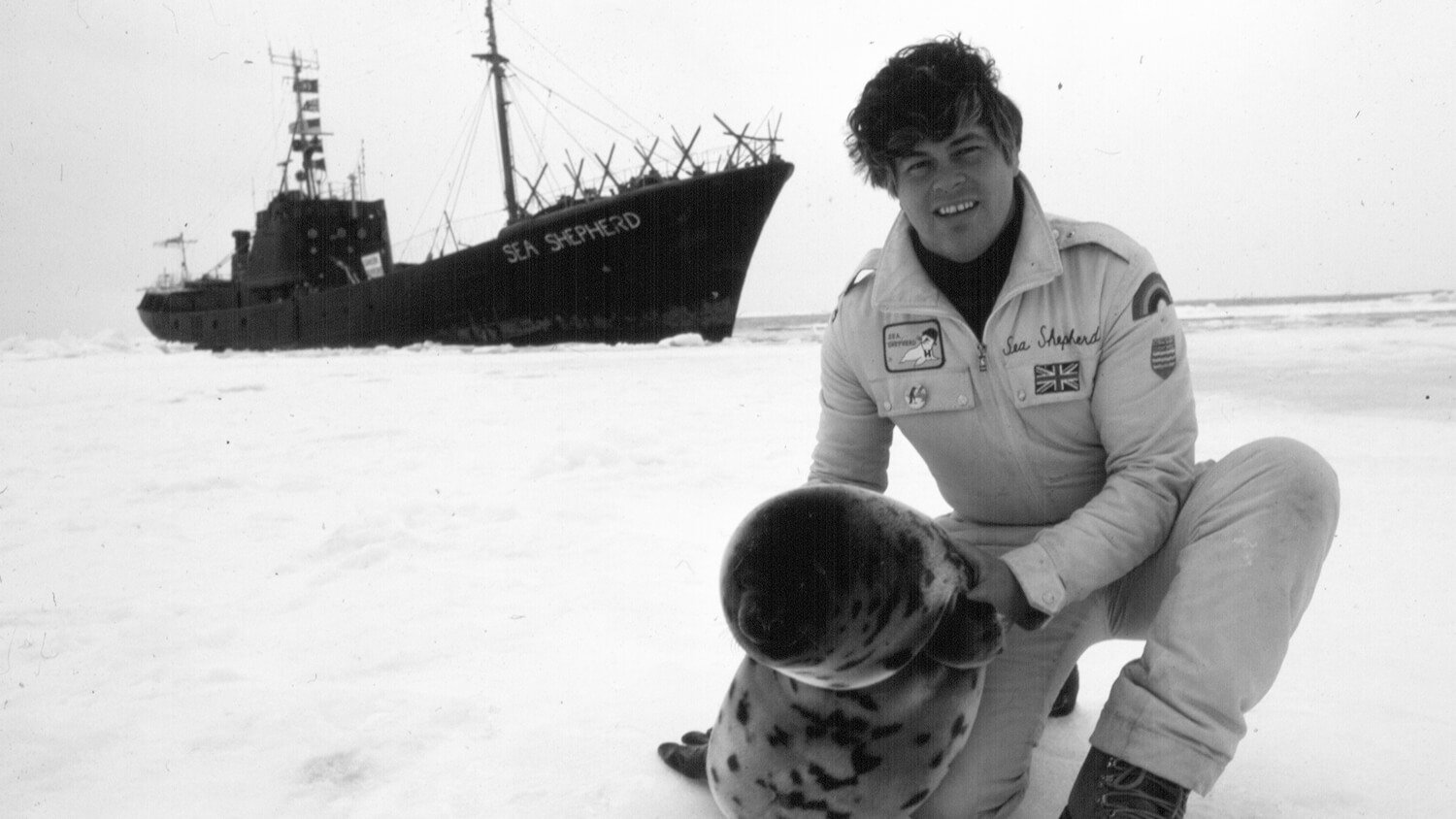
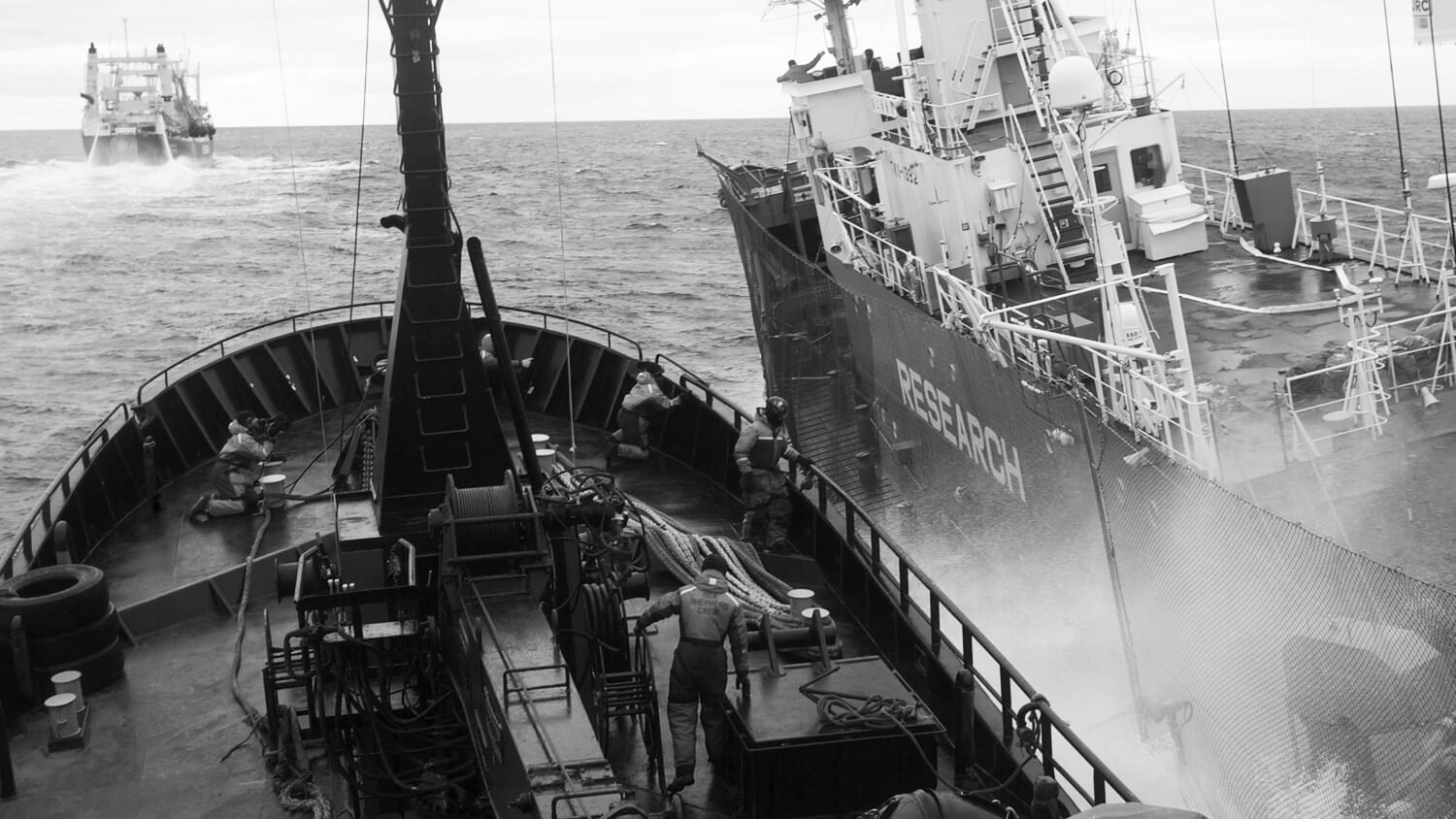
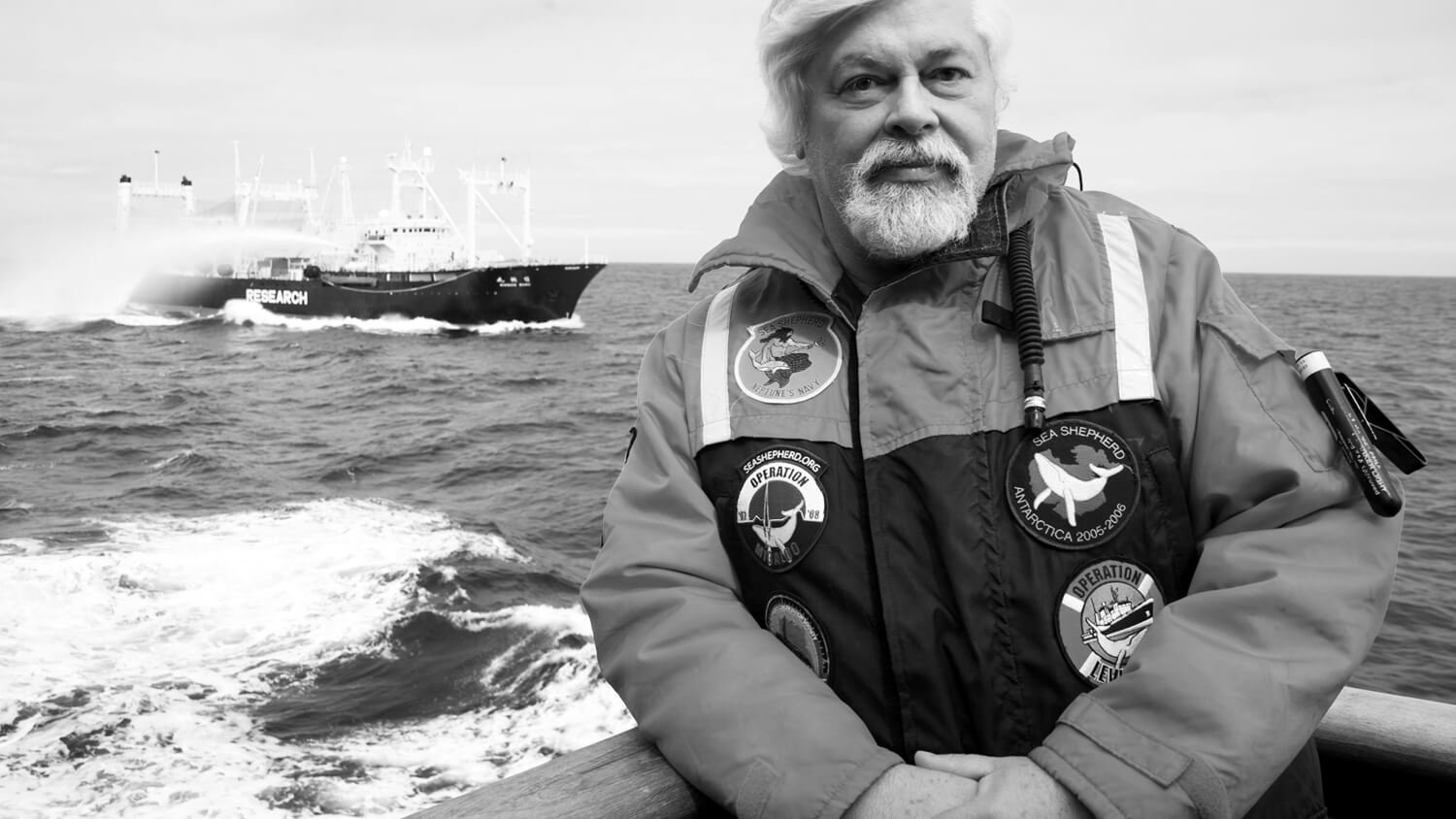
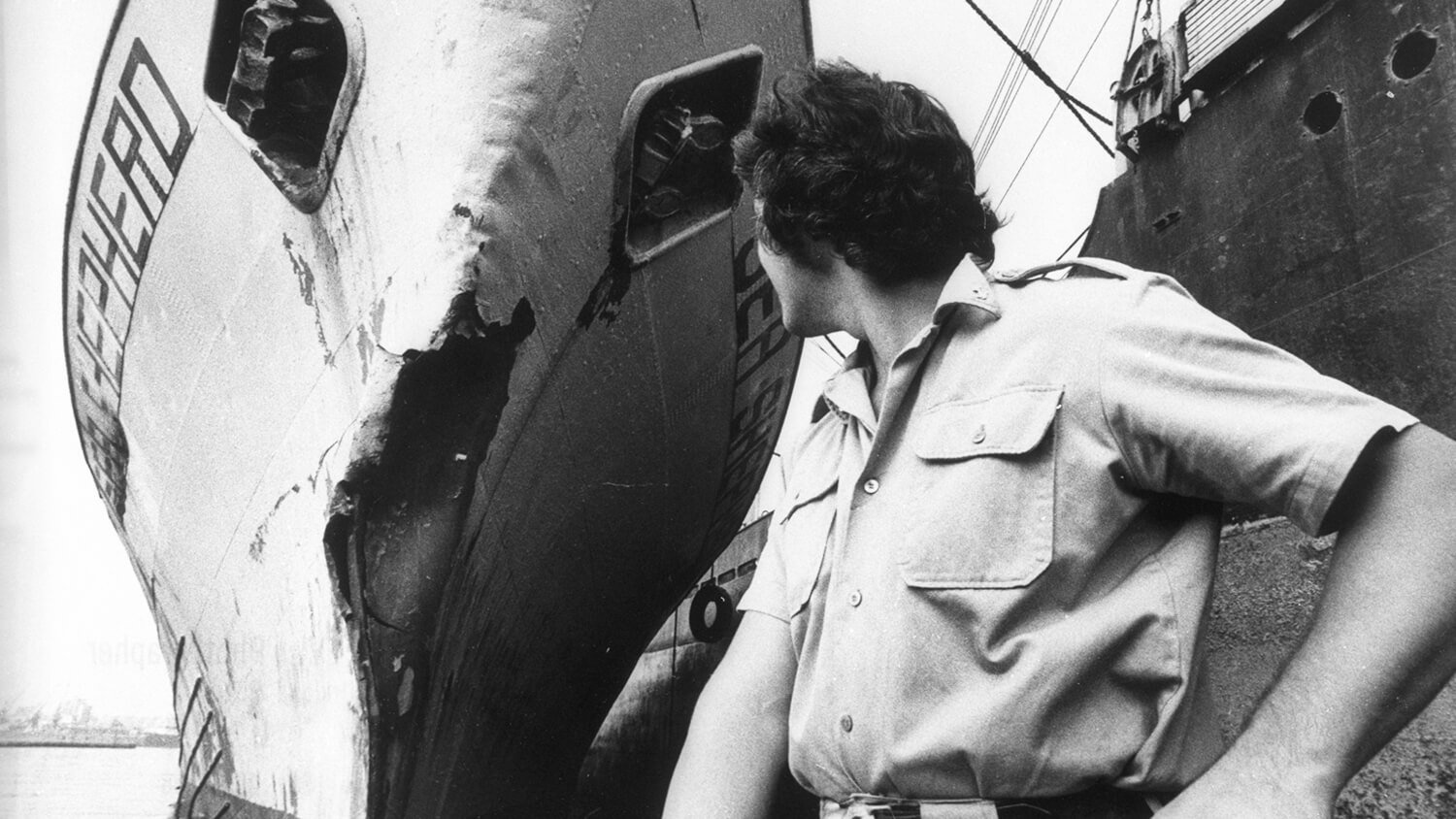
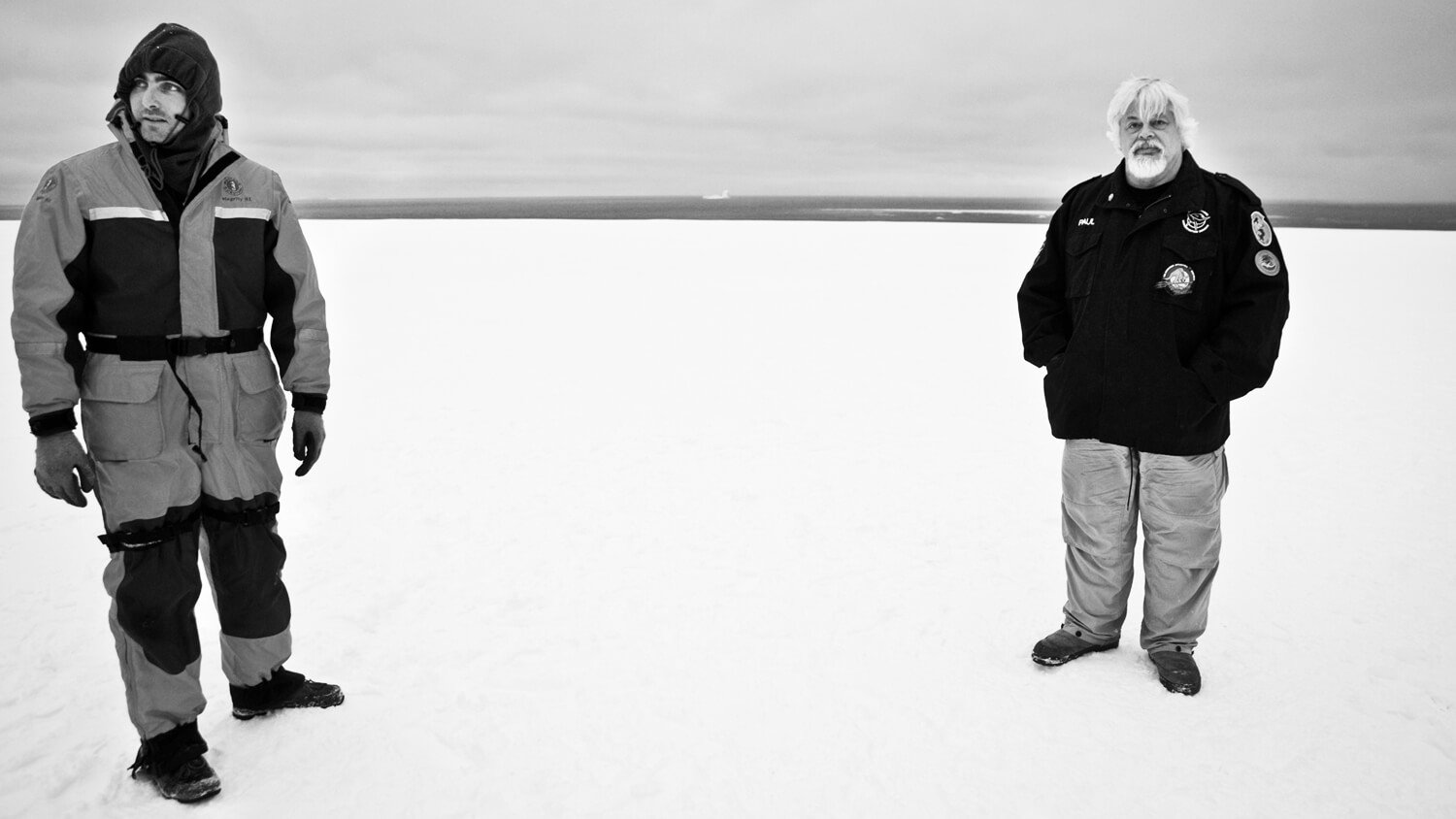
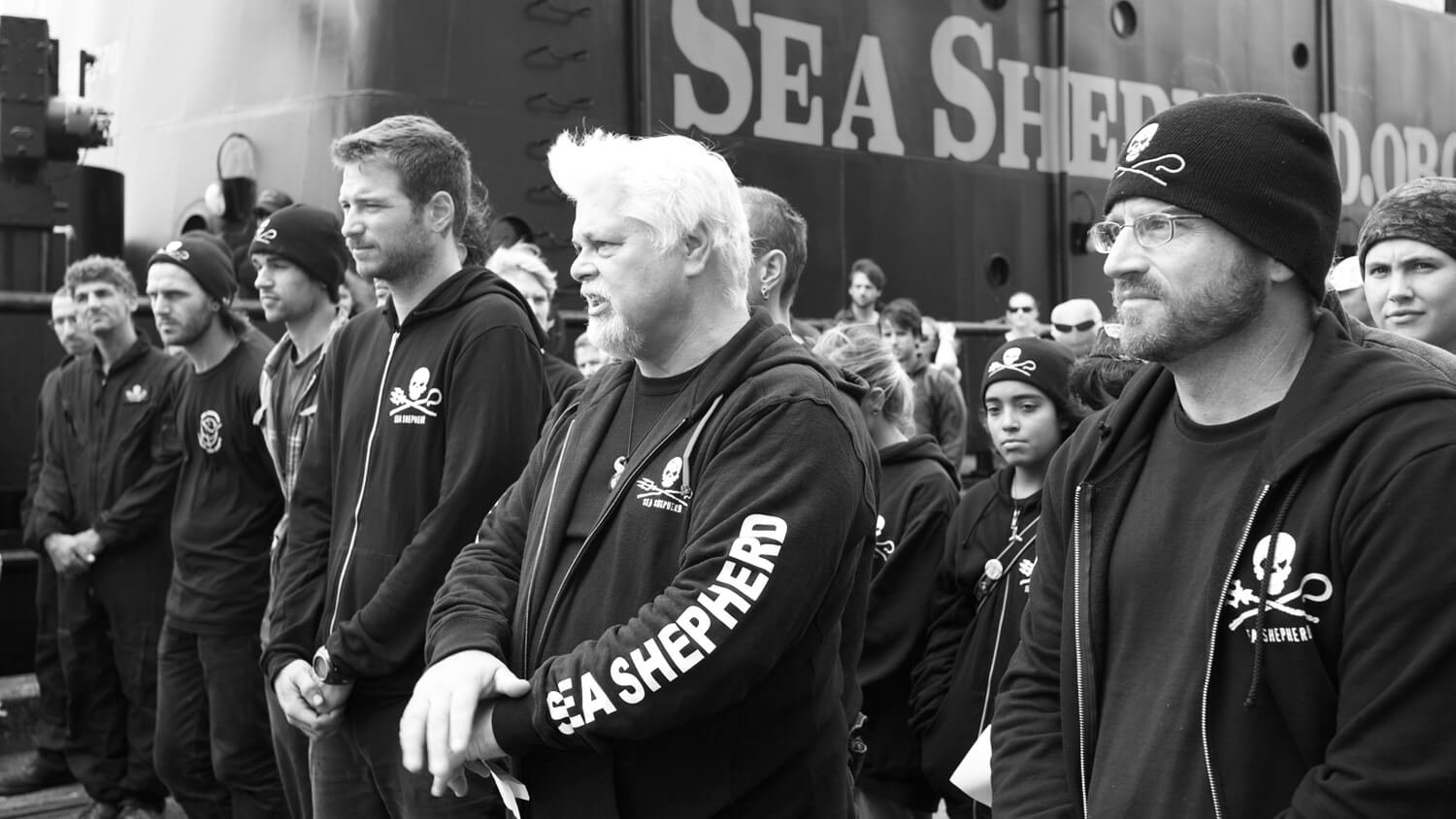
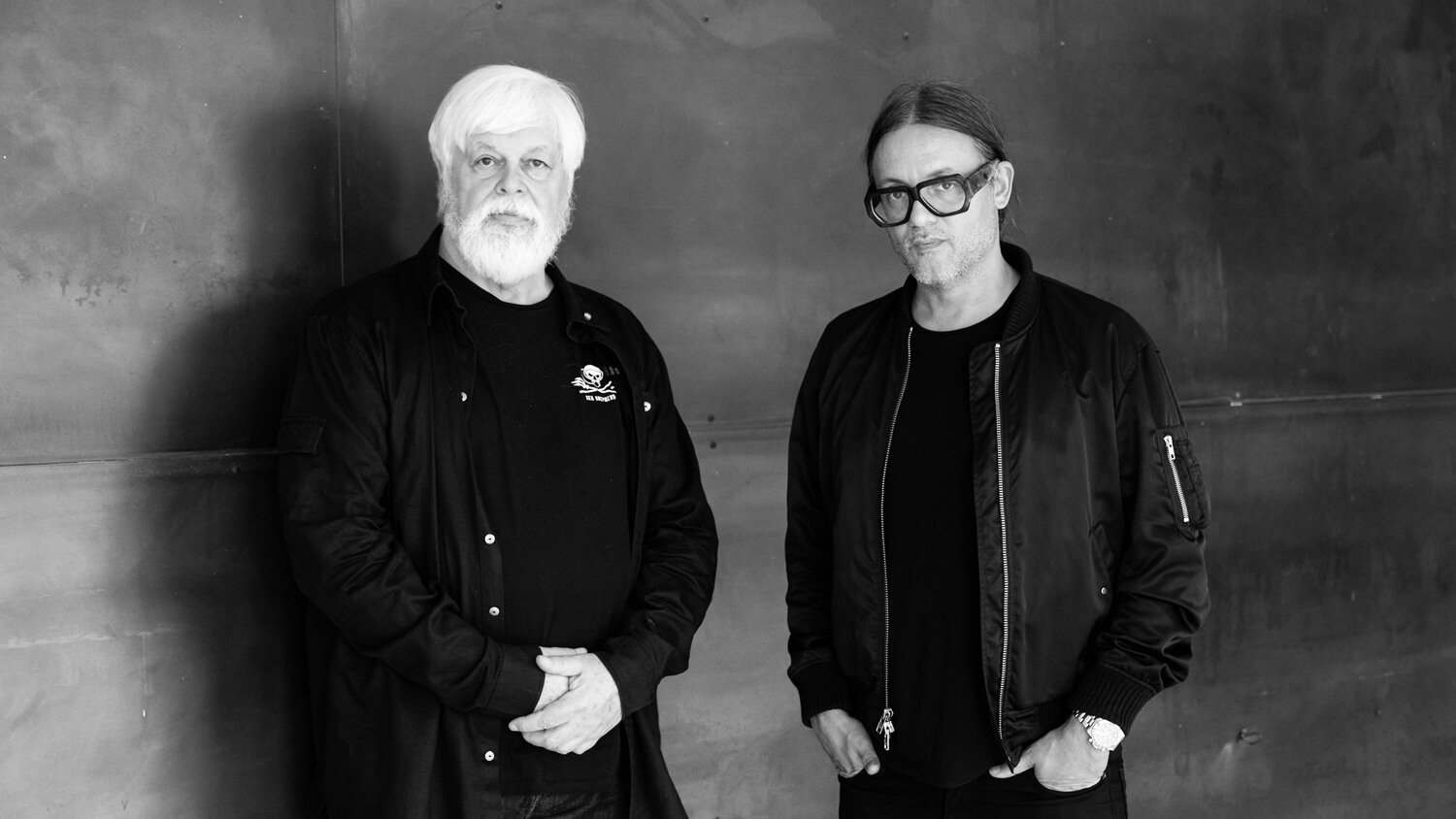
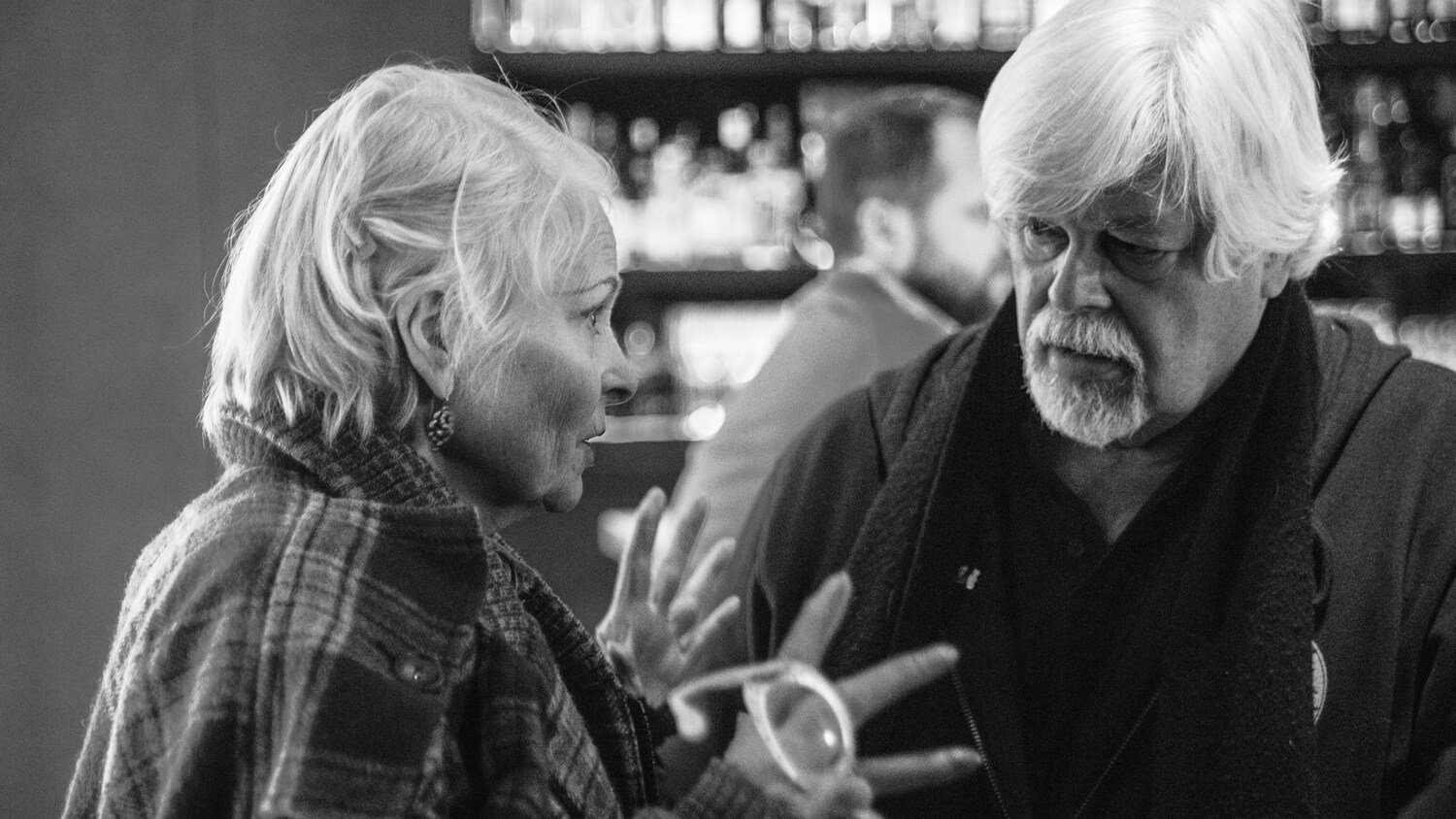
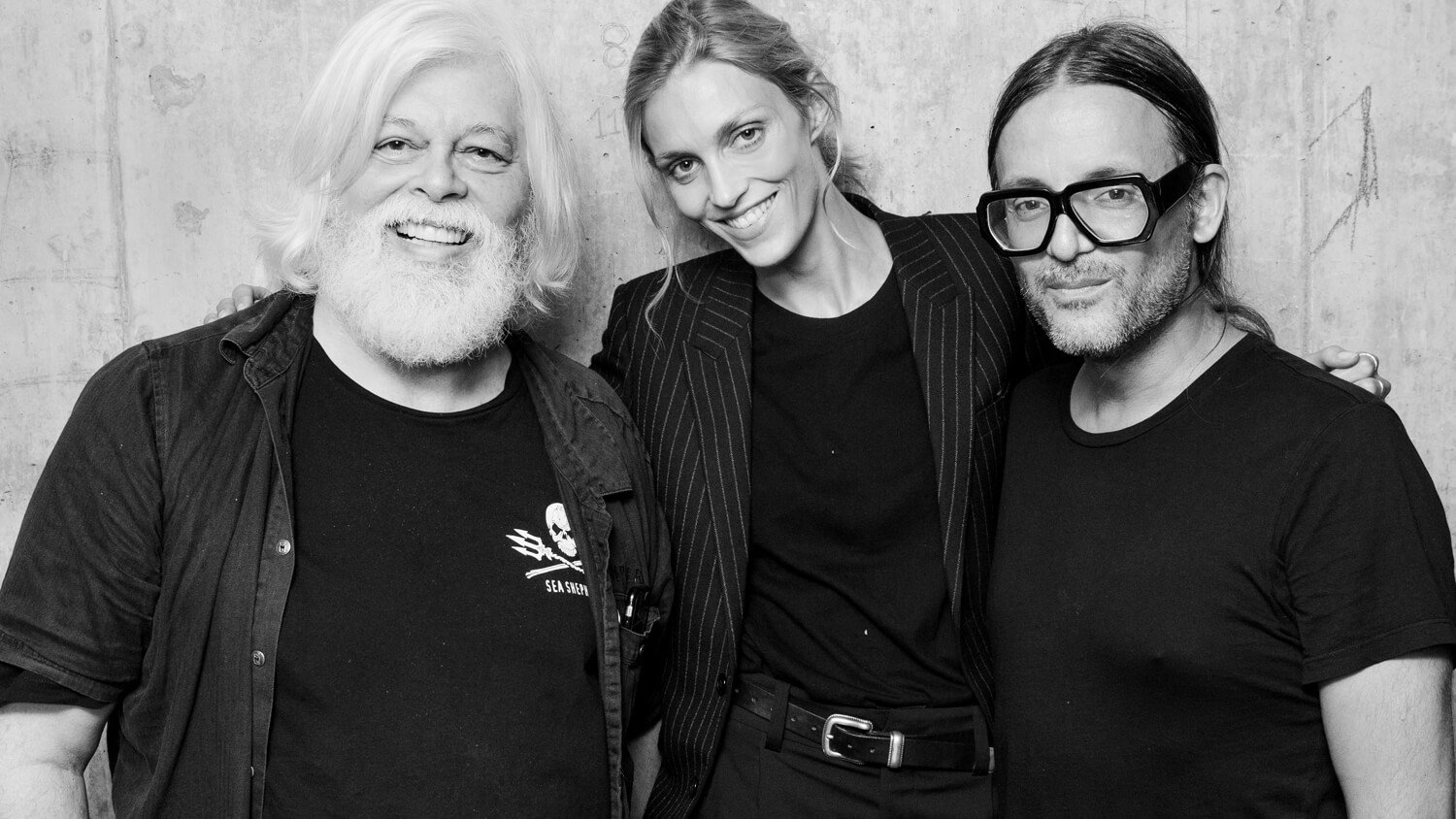
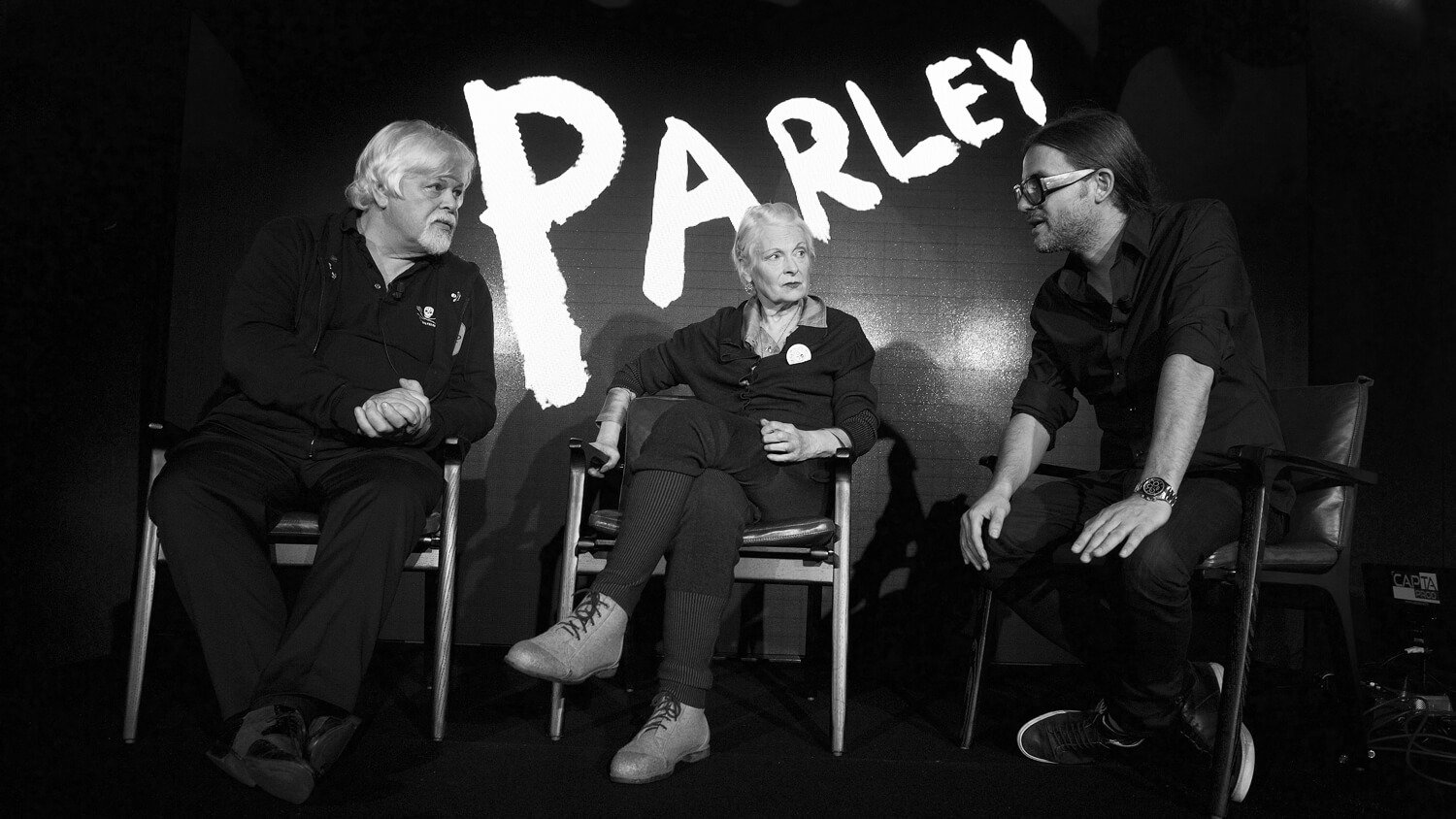




















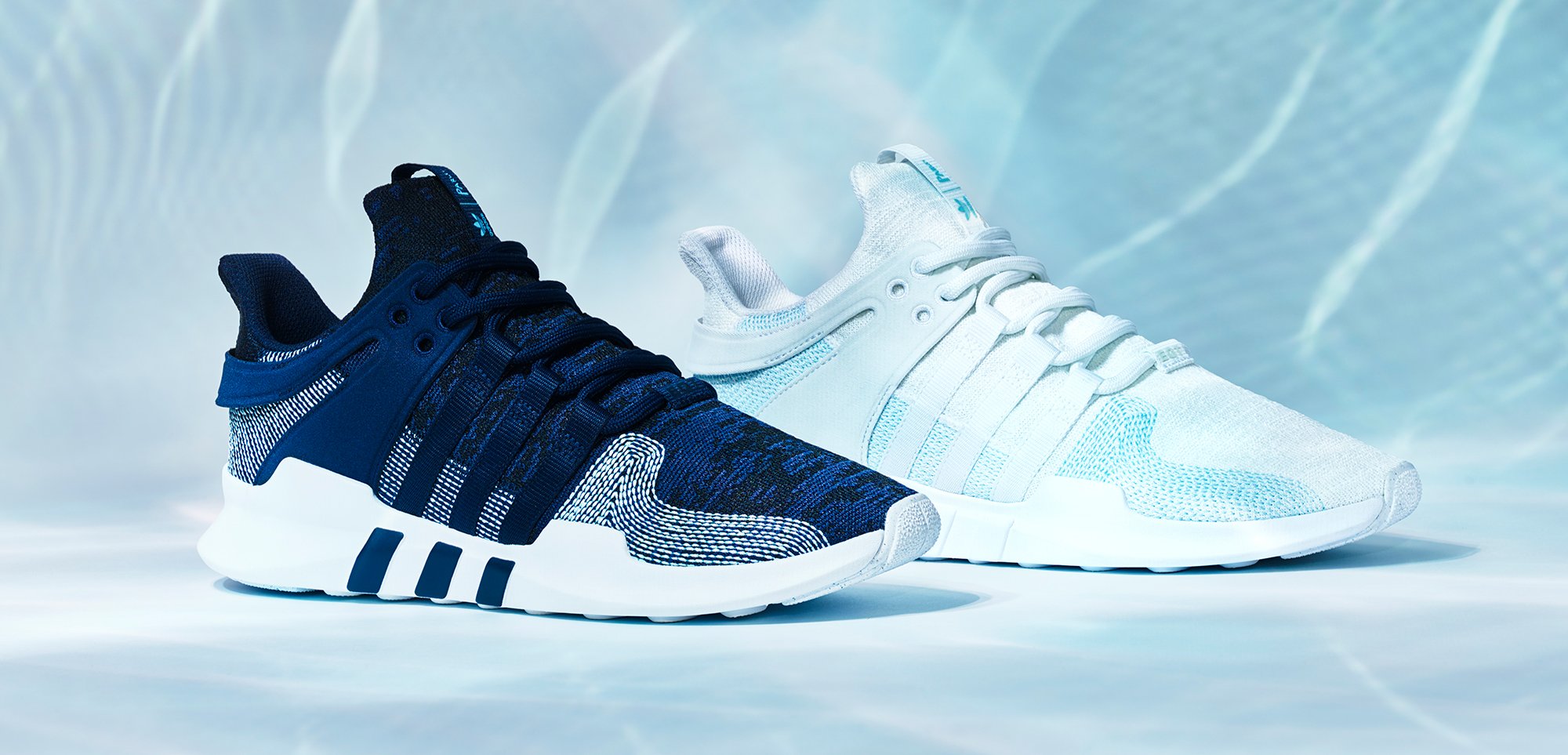



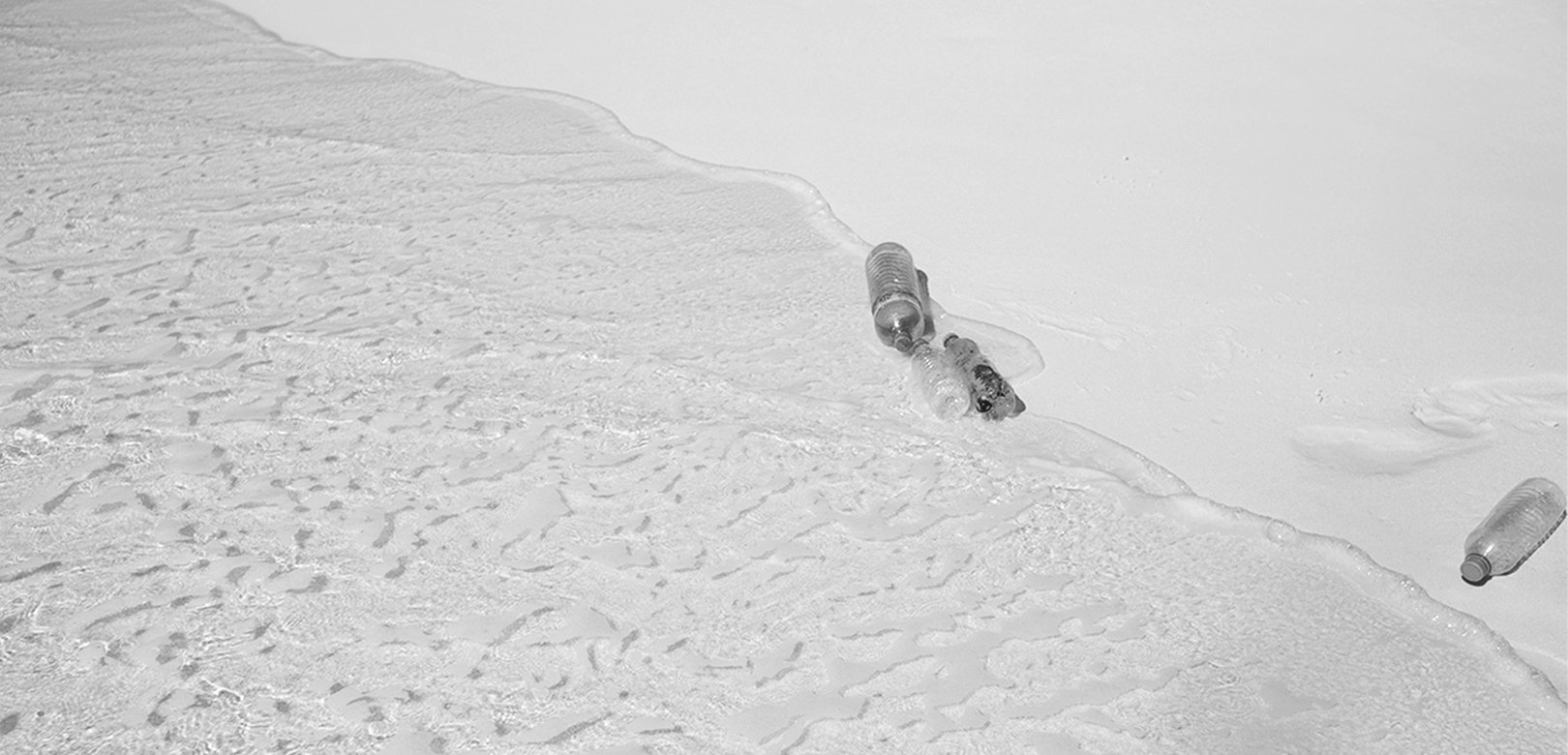




Ahead of the launch of his forthcoming book, we revisit The Outlaw Ocean with regular Parley speaker Ian Urbina.